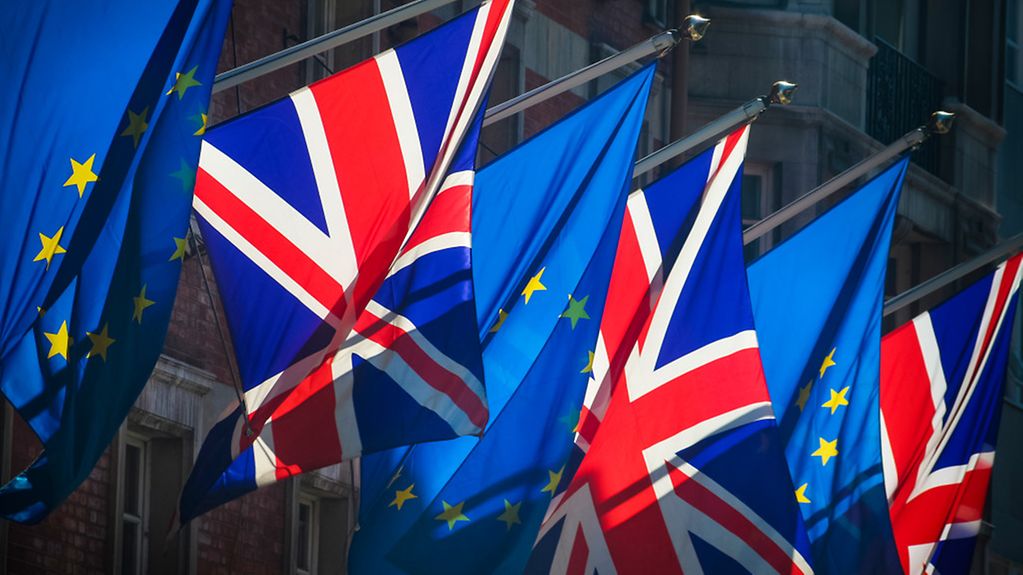Brexit
The UK House of Commons has again voted to reject the withdrawal agreement with the European Union. Chancellor Angela Merkel has expressed her regret in the face of this vote – it is still in the interests of both sides, she said in Berlin, "that an orderly withdrawal is achieved". The UK parliament must now decide "whether it actually wants an agreement at all, or whether they wish to leave with no deal". More votes are scheduled for Wednesday and Thursday in the House of Commons.
2 min reading time

The German government has made provision for a no-deal Brexit scenario
Photo: Colourbox
For Federal Foreign Minister Heiko Maas, the vote has made a no-deal scenario more likely. Germany has prepared as well as possible for this outcome. "Naturally, we will continue to hope for the next 17 days that we can avoid a no-deal Brexit, " said Heiko Maas. But we must firstly wait and observe political developments inside the United Kingdom. "It is now up to the House of Commons."
The House of Commons first voted to reject the withdrawal agreement negotiated with the European Union on 15 January 2019. The main stumbling block was the backstop, which is intended to prevent the reintroduction of a hard border between the Republic of Ireland and Northern Ireland. Under the terms of the backstop, the United Kingdom would remain in a customs union with the EU until further notice, unless a better solution were found during the transitional phase which would run until the end of 2020.
After Theresa May had renegotiated with the EU, she presented the agreement for a second vote on 12 March. It was once again rejected by the House of Commons.
What happens if the UK leaves in an orderly fashion?
If the withdrawal agreement is still ratified, there will be a transitional period until 31 December 2020. On 17 January 2019, the German Bundestag passed a government bill, which regulates this transitional period. There are two main elements to the legislation:
- Essentially, during the transitional period, the United Kingdom will be treated as though it were still a member of the European Union. In terms of citizenship too, the same rules would continue to apply until the end of 2020. UK citizens applying for German citizenship and German citizens seeking naturalisation as UK citizens would be entitled to hold both passports – even if the final decision on their application were not taken until after the end of the transition period.
- The 21-month transitional period is intended to give companies and public authorities time to get ready for Brexit. To this end, EU law would continue to apply to the UK during this period. The time is to be used to determine the future relations between the UK and the European Union.
What does a no-deal Brexit mean?
Should the United Kingdom crash out of the European Union with no agreement, the UK’s membership of the European Union will end automatically. As of 30 March 2019 the United Kingdom would become a third state, and the body of EU law (the "acquis communautaire") would cease to apply to the United Kingdom. This would have far-reaching consequences for citizens, industry and public authorities.
German government taking precautions
The German government is taking preparations for the withdrawal of the United Kingdom from the EU extremely seriously. It is making provision for all possible scenarios, including a no-deal scenario. In this, it is consulting and coordinating its actions closely with its European partners and with the European Commission.